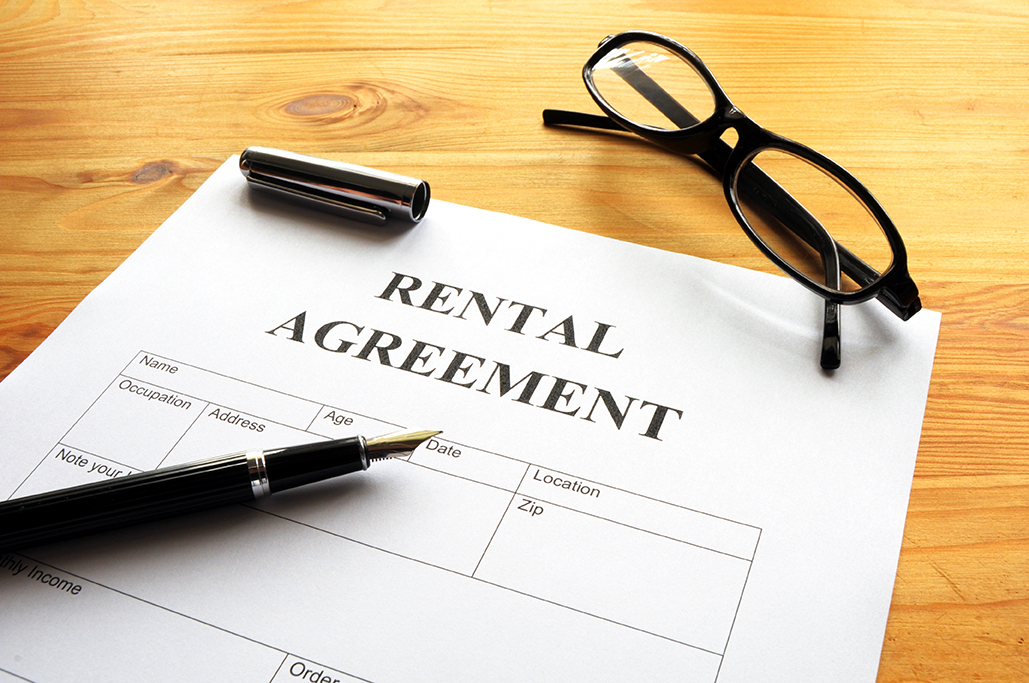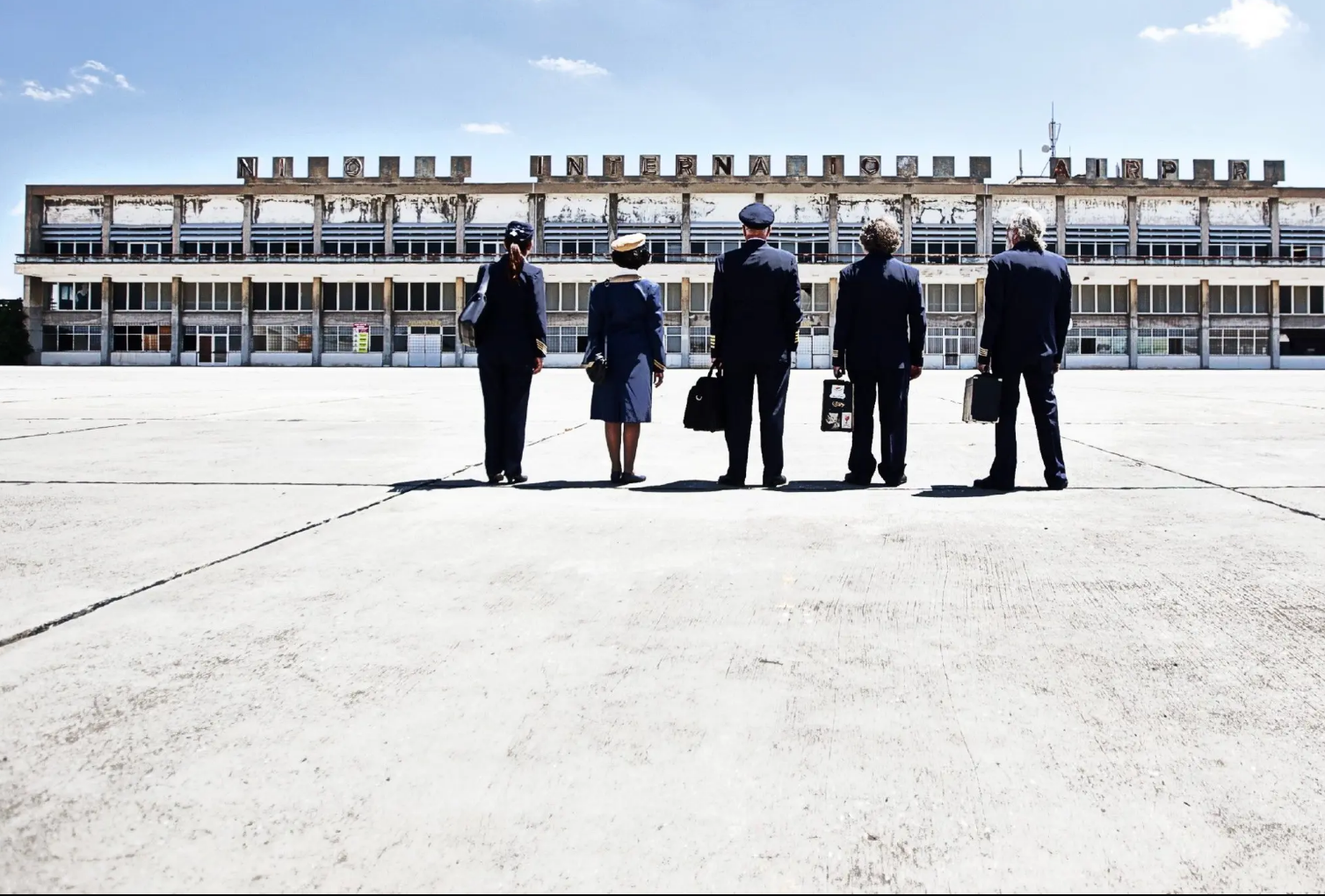Under pressure to tackle the issue of high rents, the government took two bills to the legislature which it hopes would increase the supply of housing and push down prices.
‘Affordable housing’ has become a big public issue, with opposition parties calling for government action to address the problem. Some assistant schemes were introduced for young homebuyers, but these will have no impact on rents, which is why the government has submitted the two bills aimed at pushing down prices.
The first bill, ‘Build to rent’, offers developers incentives, such as a higher building coefficient, in order to build residential properties and rent them at affordable rents. The second, ‘Renovate/Rent’, would offer financial assistance to owners, whose properties are empty because they are in need of renovation, to carry out the necessary work. These properties would be rented at 30 per cent below the market rent for an area – as calculated by the Lands and Surveys Department – according to the government bills for a period of four years.
People eligible for this housing would have to satisfy certain income criteria. Income from ‘affordable rents’ would not be subject to income tax or defence levy for the duration of the scheme while there would also be discounts on capital tax. For the ‘build to rent’ scheme which had been announced last June nine agreements had been signed, while for the ‘renovate/rent’ scheme there were 25 applications since the platform was opened in November.
Speaking after the meeting, Diko deputy, Chrysis Pantelides, said: “Every incentive of the state, tax or other, for controlling or even reducing rents, but also for the utilisation of many empty residences that exist, will contribute to achieving the aim we have set as a priority – that is for everyone to be able to have their own home, in accordance with their capabilities.” Interested parties were given a fortnight to go back to the legislature with their suggestions about the bills.
Interestingly, nothing was mentioned about the one of the biggest problems of the house rental market – the complete lack of protection offered to landlords by the law and the justice system. Many properties are kept empty, not because they are in need of renovation which the owner cannot afford, but because the law and the justice system are heavily weighted in favour of the tenant. A tenant might decide not to pay rent, but the owner may need four to five years to secure an eviction order from the court. And when the order is secured, the owner might not get any of the accumulated unpaid rents, because the system would be protecting the tenant.
The law and the slow-moving courts facilitate these abuses by people renting properties and it is one of the reasons so many properties are empty but off the market. Why would an owner rent their property when the law offers them no protection? Perhaps deputies discussing the government’s bill should consider this strong disincentive to rent a property, which also contributes to restricting supply and pushing up rents.
If the government and the parties want to keep rents under control by increasing the supply of housing on the market, they should also ensure the laws and the courts do not completely disregard the rights of those renting properties.







Click here to change your cookie preferences